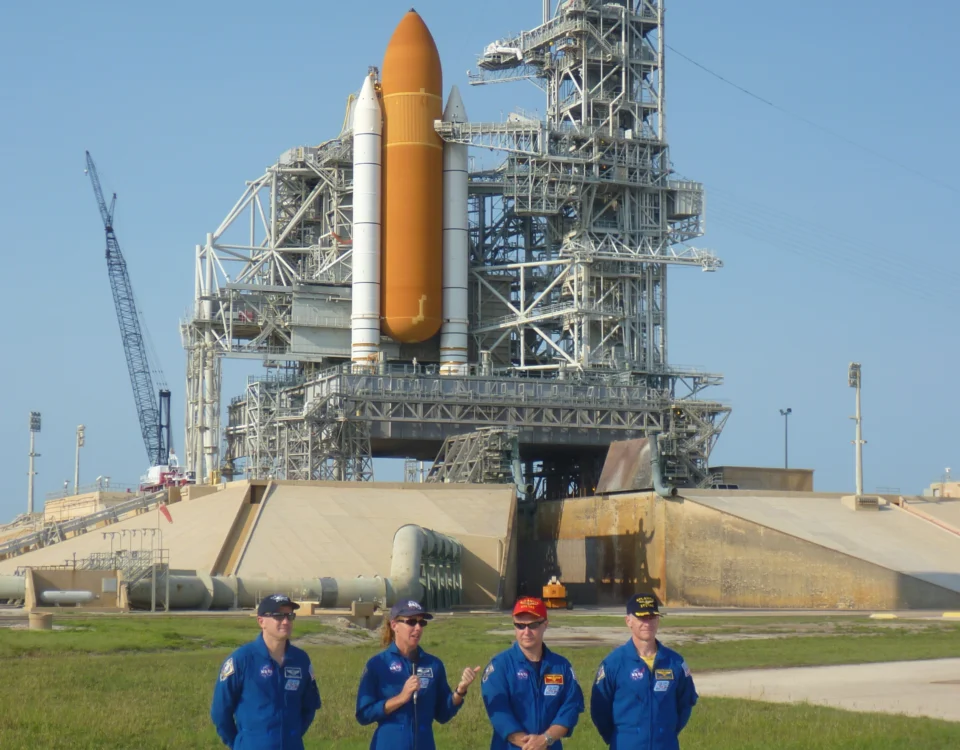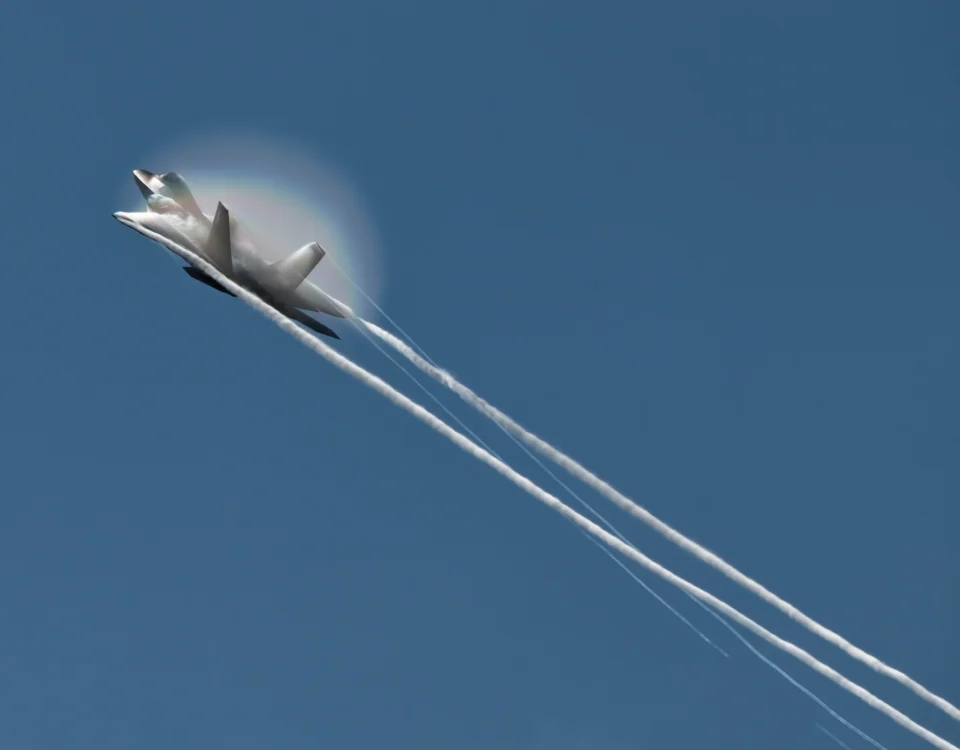In the late 1980s, I nearly moved to Florida to work for Lockheed Space Operations as a computer programmer working on Space Shuttle systems at Kennedy Space Center. Though a position was targeted for me, a government budget reduction led to that position and others being eliminated – and I dodged a big bullet of landing in Titusville FL only to become immediately unemployed.
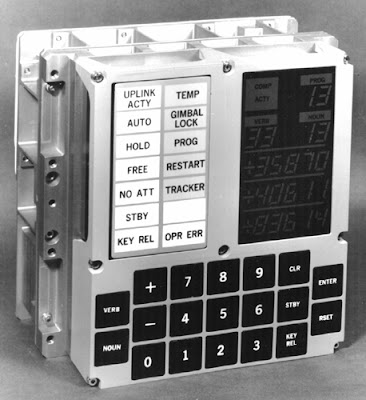 |
| State of the 1960s IT art: an Apollo Guidance Computer. |
Having remained in the Information Technology realm, I’ve always been interested in the programming and technology aspects of spaceflight. When you consider that the onboard computers of the Apollo program look nearly prehistoric compared to an iPhone, it becomes apparent how so many of today’s space exploration wonders are possible.
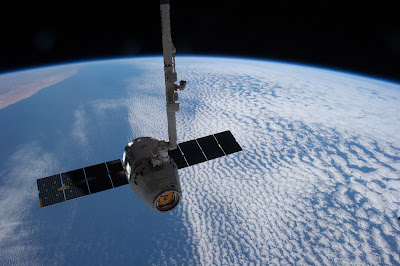 |
| Linux into orbit: the SpaceX Dragon at the International Space Station. |
Aerospace Perceptions has mentioned the efforts of SpaceX numerous times, and with their Dragon spacecraft scheduled to return to Earth just after noon tomorrow after a successful re-supply mission to the International Space Station, the company’s IT folk are surely working flat out. Many people imagine giant rooms of supercomputers when they think of spaceflight, but having visited SpaceX’s Launch Control Center operation in Florida, the center is essentially nothing more glamorous than typical PC workstations you might see in any office. And despite the exotic nature of spaceflight, the central concerns of SpaceX will sound familiar to anyone who works in IT: project management, logging of performance and defects, etc.
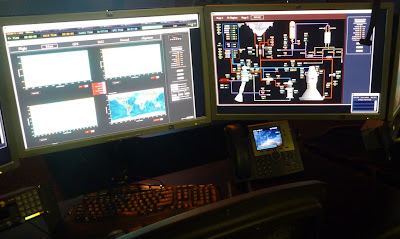 |
| The deliverables may be extraordianry, but the infrastructure is standard-issue. |
For all of you tech heads out there, here are two articles you may want to read in-depth. One contrasts the Apollo Guidance Computers compared to today’s technology, and the other is a detailed Linux look into SpaceX’s IT efforts used in almost every aspect of their spaceflight operations:
Related posts
March 23, 2025
February 12, 2025




